California’s Summary Judgment Statute (Code of Civil Procedure Section 437c) was designed to “penetrate evasive language and adept pleading and to ascertain, by means of affidavits, the presence or absence of triable issues of facts.” (Preach v. Monter Rainbow (1993) 12 Cal. App. 4th 1441). A situation which often comes up in practice arises when a party submits a declaration from an expert either in support of or in opposition to a summary judgment/adjudication motion. Because a summary judgment motion is often filed well before the time for designation of experts provided by Code of Civil Procedure Section 2034, several significant procedural issues arise including (1) May the expert who gave the Declaration in support or opposition to the summary judgment motion be deposed? (2) If so, what is the scope of the deposition; and (3) Is the expert entitled to fees for testifying? The Second District Court of Appeal case, St. Mary Medical Center v. Superior Court (1996) 50 Cal. App. 4th 1531, provides some guidance on these issues.
The issue on appeal in St. Mary was whether the trial court properly denied defendants’ motion to compel the deposition of plaintiffs’ retained medical expert who submitted a declaration in support of plaintiffs’ opposition to the defendants’ summary judgment motion. The plaintiffs in St. Mary were a husband and wife who sued the hospital and doctors for medical malpractice arising out of treatment rendered to the husband, the wife claiming loss of consortium. Before trial was set, the hospital and the treating doctors filed a motion for summary judgment supported by an expert declaration from a board- certified cardiologist. Plaintiffs opposed the motion supported by a declaration from their own medical expert. Defendants noticed the deposition of plaintiffs’ expert and sent notice they were taking their summary judgment motion off calendar. Plaintiffs’ counsel objected to the deposition on the grounds their expert could not be deposed until such time as their expert was designated and disclosed. Defendants filed a motion to compel. The trial court denied the motion because trial had not yet been set and the parties had not yet designated experts.
The Court of Appeal reversed. The Court acknowledged the tight timeframe facing litigants based on the juxtaposition of the timing requirements for filing a summary judgment motion (105 days before trial) and expert designation (50 days before trial). The trial court, in denying the motion to compel, reasoned plaintiff’s expert could not be deposed because he had not yet been designated and therefore was still a consultant. However, the Court of Appeal reasoned the expert declarations submitted in support of and in opposition to the summary judgment motion represent a “form of designation of experts.” (St. Mary Medical Center v. Superior Court (1996) 50 Cal. App. 4th 1531, 1540). Accordingly, the Court held under proper circumstances “the parties should be allowed to depose an expert who supplies a declaration or affidavit in support of or in opposition to summary judgment or adjudication where there is a legitimate question regarding the foundation of the opinion given by the expert.” (Ibid.). The Court held the scope of the deposition is limited to “foundational issues” relating to the opinions given in the Declaration.
One issue not addressed by the St. Mary Court is whether the expert is entitled to expert deposition fees. The expert discovery statutory scheme set forth in Code of Civil Procedure Section 2034 provides an expert is entitled to deposition fees from the party taking the deposition. The statute has no provision for expert deposition fees when the expert is deposed prior to expert designation. However, a strong argument could be made where an expert who provided a Declaration in support of, or in opposition to, a summary judgment/adjudication motion would be entitled to expert deposition fees based on the St. Mary Court’s reasoning the summary judgment declaration is a “form of designation.” The practitioner whose expert is being deposed should therefore negotiate the terms of the deposition up front including an agreement for payment of expert deposition fees.

 Author: David Kahn
Author: David Kahn
 Fight Frivolous Filings! Use a CCP Section 128.7 Motion for Sanctions
Fight Frivolous Filings! Use a CCP Section 128.7 Motion for Sanctions
 Effective Closing Argument Strategies and Themes for Avoiding Nuclear Verdicts
Effective Closing Argument Strategies and Themes for Avoiding Nuclear Verdicts
 Immunizing Against Wrongful Termination Claims: How Pennsylvania Employers Can Avoid Costly Claims by At-Will Employees
Immunizing Against Wrongful Termination Claims: How Pennsylvania Employers Can Avoid Costly Claims by At-Will Employees
 A Seat at the Table: Supreme Court Rules Insurers Have a Right to Be “Heard on Any Issue” in Chapter 11 Cases
A Seat at the Table: Supreme Court Rules Insurers Have a Right to Be “Heard on Any Issue” in Chapter 11 Cases
 Kicked Off the Team: College Football Doctor Wins Big in Wrongful Termination Case
Kicked Off the Team: College Football Doctor Wins Big in Wrongful Termination Case
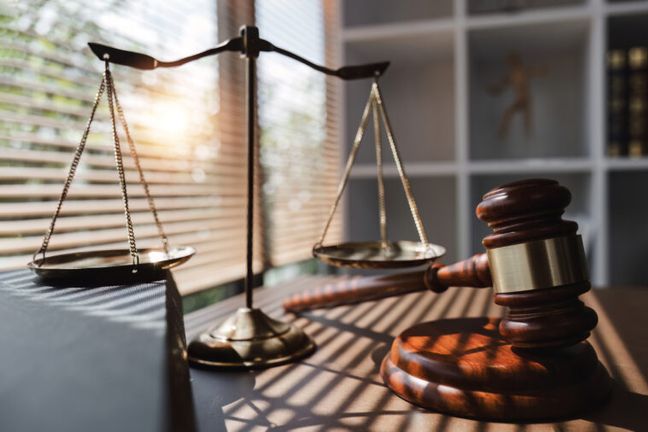 Ten Easily Correctable Mistakes Made in Depositions
Ten Easily Correctable Mistakes Made in Depositions
 “Wrong Site” Surgery in Florida: Assessing the Viability of Punitive Damages
“Wrong Site” Surgery in Florida: Assessing the Viability of Punitive Damages
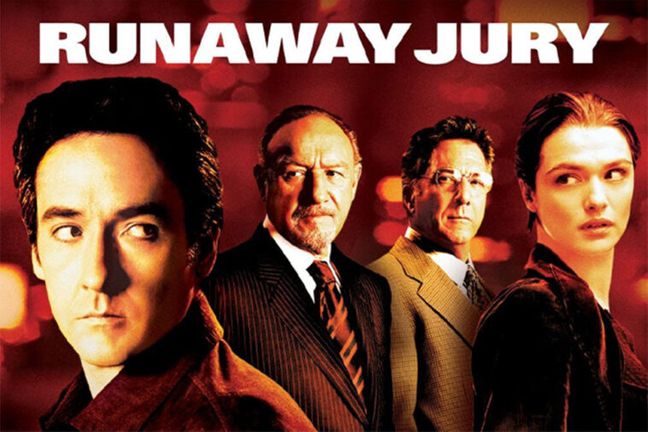 Employing the Four Nuclear Verdicts® Defense Methods to Avoid Nuclear Verdicts and Runaway Juries
Employing the Four Nuclear Verdicts® Defense Methods to Avoid Nuclear Verdicts and Runaway Juries
 Breaking the Chains or Handing them the Keys? The Federal Trade Commission’s New Final Rule Regarding Non-Compete Agreements and Their Impact on Employers and Employees
Breaking the Chains or Handing them the Keys? The Federal Trade Commission’s New Final Rule Regarding Non-Compete Agreements and Their Impact on Employers and Employees
 Supreme Court May Need to Review Covid-19 Loss Coverage in California
Supreme Court May Need to Review Covid-19 Loss Coverage in California
 Howell v. Hamilton Meats & Provisions Continues to Deliver Justice for California
Howell v. Hamilton Meats & Provisions Continues to Deliver Justice for California
 “Take-Home” COVID-19 Cases to Go to California Supreme Court
“Take-Home” COVID-19 Cases to Go to California Supreme Court
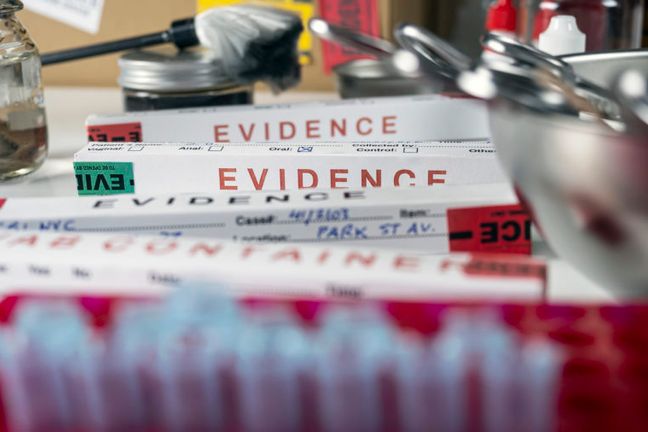 Police Reports Are Often Inadmissible – But Not Always…
Police Reports Are Often Inadmissible – But Not Always…
 California Supreme Court Holds Dynamex ABC Test Applies Retroactively
California Supreme Court Holds Dynamex ABC Test Applies Retroactively
 Medi-Cal Liens Not Preempted by Federal Medicaid Anti-Lien Statute
Medi-Cal Liens Not Preempted by Federal Medicaid Anti-Lien Statute
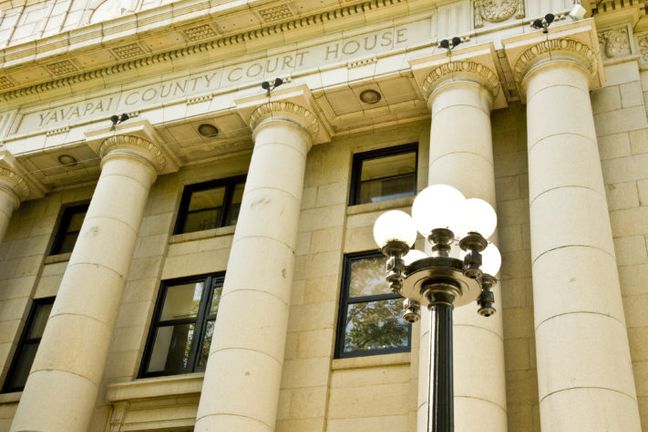 Is In-House Counsel’s Legal Advice Privileged in California if Shared with Non-Lawyers?
Is In-House Counsel’s Legal Advice Privileged in California if Shared with Non-Lawyers?
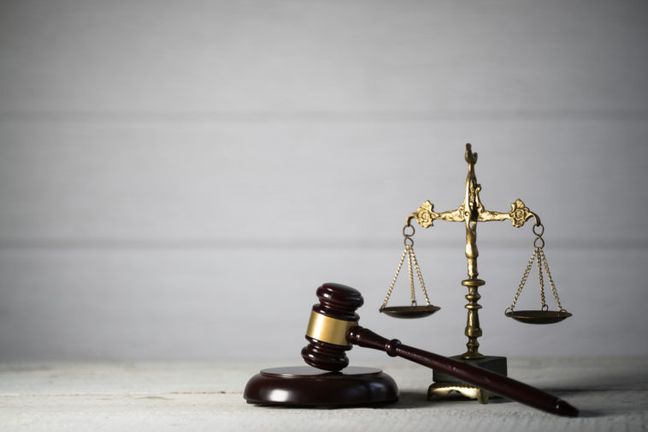 Reasonable Minds May Differ When it Comes to Interpretation of Philadelphia’s Insurance Policy Exclusions
Reasonable Minds May Differ When it Comes to Interpretation of Philadelphia’s Insurance Policy Exclusions
 Update: California District Court Upholds Previous Dismissal of Wife’s COVID-19 Civil Suit
Update: California District Court Upholds Previous Dismissal of Wife’s COVID-19 Civil Suit